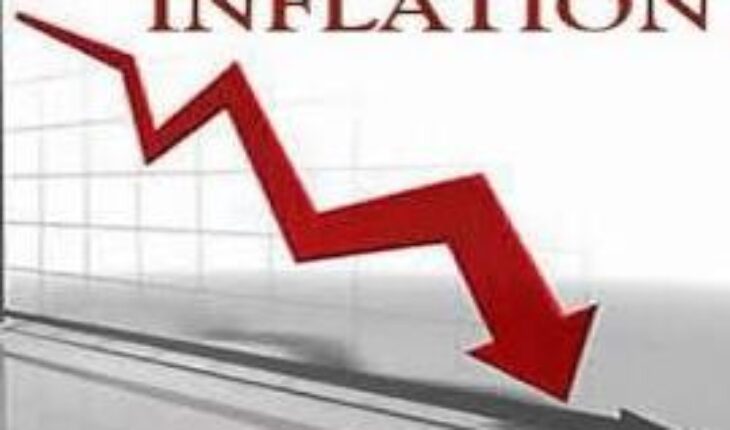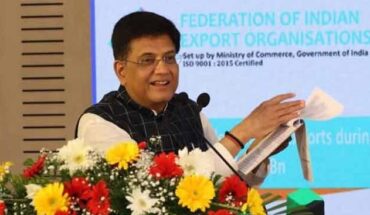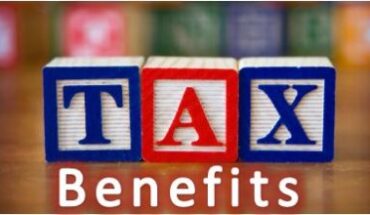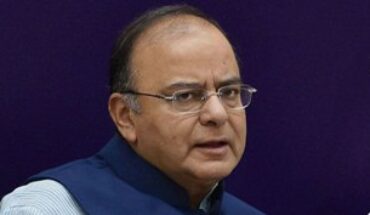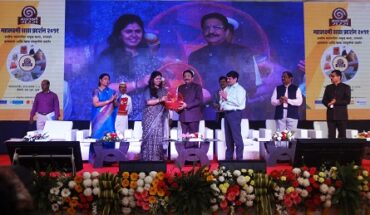New Delhi: Retail inflation eased in February as food prices rose at a slower pace, while Wholesale Price Index stayed in negative territory for the 16th month, raising expectations of interest rate cut by the Reserve Bank next month.
Retail inflation, as measured by the Consumer Price Index (CPI), rose by 5.18 per cent in February, lower than 5.69 per cent in January.
After rising for five months in a row, retail inflation in February fell to 3-month low of 5.18 per cent as food prices including vegetables, pulses and fruits became rose at a much slower pace. WPI-based inflation also declined for the month. It was (-)0.91 per cent, led by tumbling oil prices, according to data released by Ministry of Commerce and Industry. It was (-)0.9 per cent in January. The declining inflation and negative industrial outlook have strengthened a case for RBI cutting interest rate in its first bi- monthly monetary policy for 2016-17 on April 5. Consumer food prices rose by a lower 5.3 per cent in February, as opposed to 6.85 per cent increase in January. Fruit prices dipped 0.7 per cent, while prices of pulses rose about 38 per cent. RBI Governor Raghuram Rajan had on Saturday stated that government sticking to fiscal consolidation roadmap of reducing deficit to 3.5 per cent of the GDP in 2016-17 was comforting. On how that would feed into monetary policy, he had said “wait and see”. The central bank aims to bring down CPI inflation, which it tracks closely to set its interest rate policy, to 5 per cent by March 2017 and 4 per cent a year later. “A further cut in the policy rate at this juncture and its transmission by the banks in the form of lower lending rates would benefit both, companies and consumers alike, and impart some momentum to the still weak investment and consumption cycle,” industry chamber Ficci said. Assocham too pressed for a rate cut arguing that the government has fulfilled its commitment of sticking to the fiscal consolidation path by deciding to keep the deficit for 2016-17 at 3.5 per cent of GDP. “Therefore, it gives the room to RBI to ease liquidity and reduce interest rates to dispense with deficient demand in the economy,” the chamber said. — PTI


